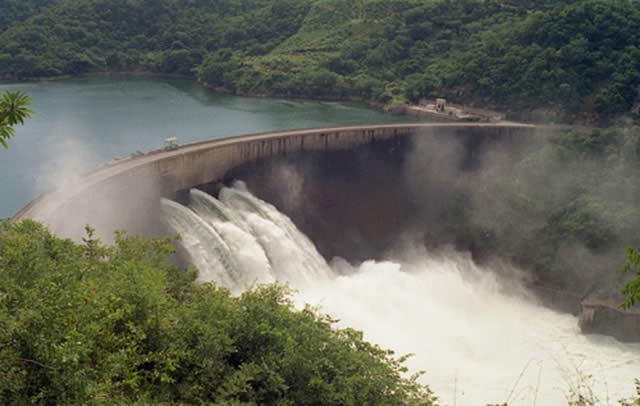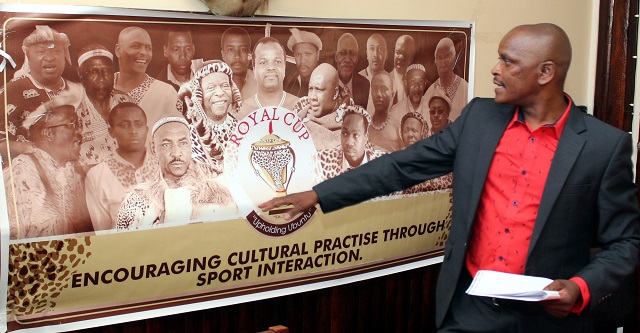Kariba station upgrade on course

Oliver Kazunga, Senior Business Reporter
CONSTRUCTION work to expand Kariba South Power Station’s generation capacity is progressing well with the first unit expected to start contributing 150 megawatts to the national grid before Christmas, an official said yesterday.
When complete, the expansion programme will see Kariba Hydro Power Station adding 300MW to the national grid from units 7 and 8 that are being installed while the power plant will increase its capacity to 1 050MW from 750MW.
Presenting their experience on the expansion programme during the Southern Africa Power Pool (SAPP) conference in Bulawayo, Zimbabwe Power Company project manager for Kariba South expansion project, Engineer Edmund Mukahadira, said:
“Coming to commissioning of the project . . . unit 7 will be a Christmas present as it will be commissioned on December 24, 2017 and unit 8 will be commissioned on the 10th of March 2018 marking the end of the project that began in November 2014.”
The conference, which ends on Friday, is being attended by delegates from 12 SAPP-member countries namely Botswana, South Africa, Mozambique, Malawi, Angola, the Democratic Republic of Congo, Swaziland, Tanzania, Zambia, Lesotho, and Zimbabwe.
On the overall progress, Eng Mukahadira said the $533 million expansion work that the Government contracted to Sino Hydro of China was 74,5 percent complete.
“For the civil works that are happening on site we have progressed 87 percent now. And for the offshore manufacture of the equipment being manufactured in China, the electro-mechanical equipment is at 56 percent.
“The hydro-mechanical equipment, all of it has been delivered to the site and is being installed and some of it being commissioned at the moment and electrical equipment is now at 85 percent,” said Eng Mukahadira.
On experiences ZPC has learnt in implementing the Kariba South Expansion project, he said it was imperative for countries in the power pool to ensure that they shorten the time taken between agreeing a contract and reaching financial closure.
Eng Mukahadira said taking too long to reach financial closure increases the project’s cost adding that for example in the case of ZPC, when the project’s contract was signed it was pegged at $354 million.
“But because of the two-year delay between signing a contract and commencing the work on site, there was actually an increase in the project value of $14 million, so I think without being guarded, this would actually impact on some of the projects being implemented,” he said.
Eng Mukahadira expressed optimism that the project would be completed within the budgeted total cost of $533 million, including development costs to be added to the $354 million cost of the engineering, procurement and construction contract awarded to Sino Hydro.
Responding to questions from the floor after his presentation, Eng Mukahadira said in guaranteeing power generation efficiency at Kariba after commissioning of the project, ZPC was working with the contractor to monitor the quality of the work being done.
ZPC was also doing vendor vetting and inspections during the manufacture of the project’s equipment as well as carrying out quality tests at factory level and monitoring the quality of work done on site.
Zimbabwe is one of the countries in Sadc that has over the years not been investing in power generation projects resulting in critical power shortages exacerbated by ageing equipment at its power stations.
As of yesterday, ZPC indicated on its website it was generating 889MW from all its power stations —Hwange, Kariba, Bulawayo, Munyati and Harare.
At its peak years ago, Zimbabwe generated 2 200MW.
@okazunga











Comments